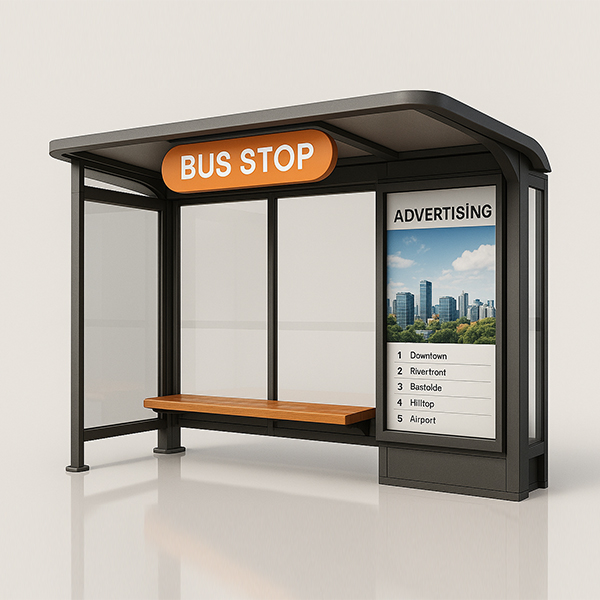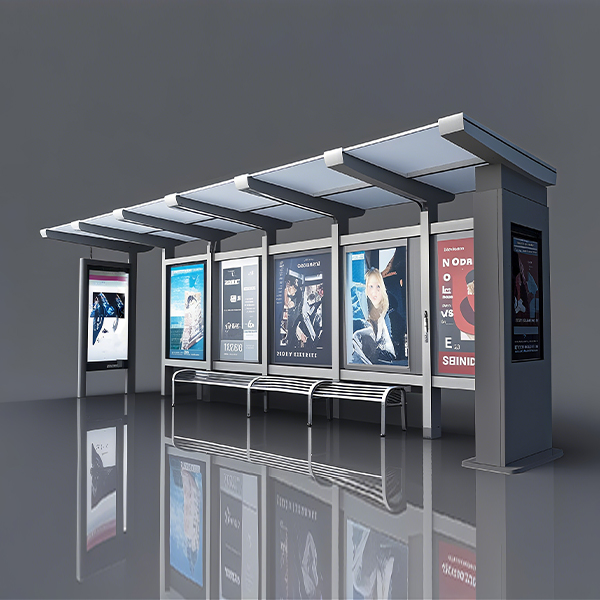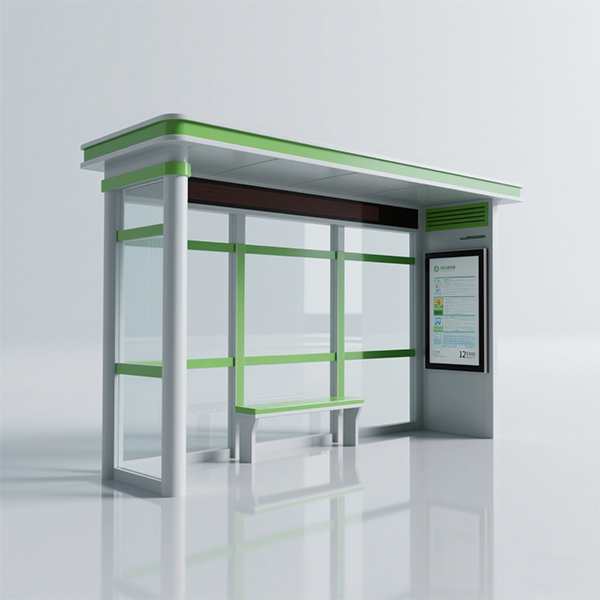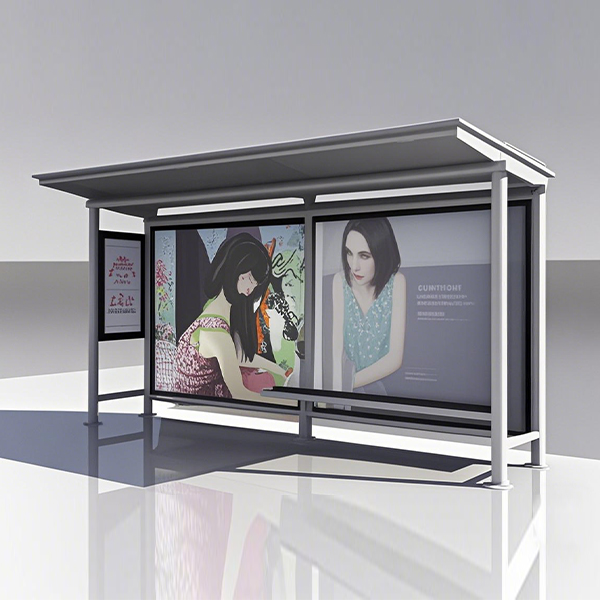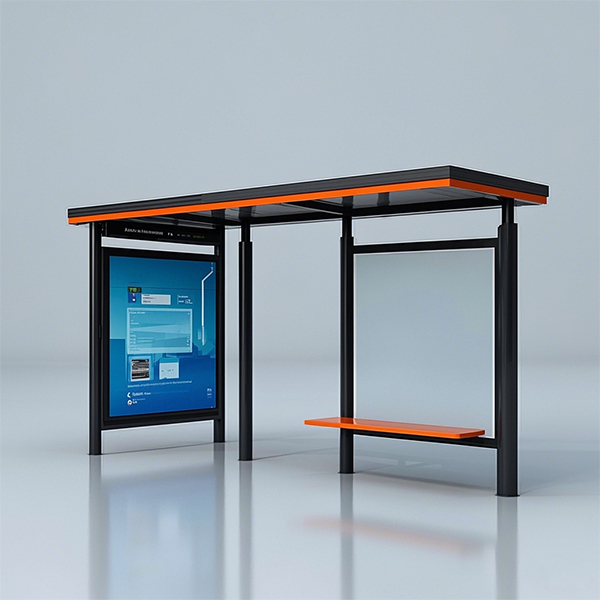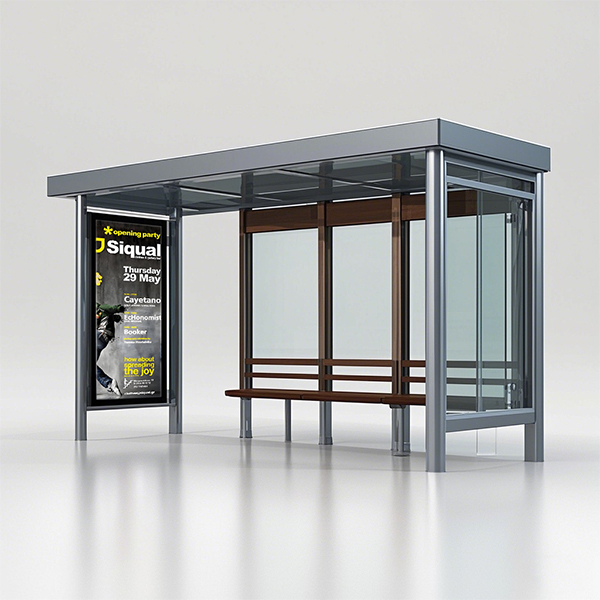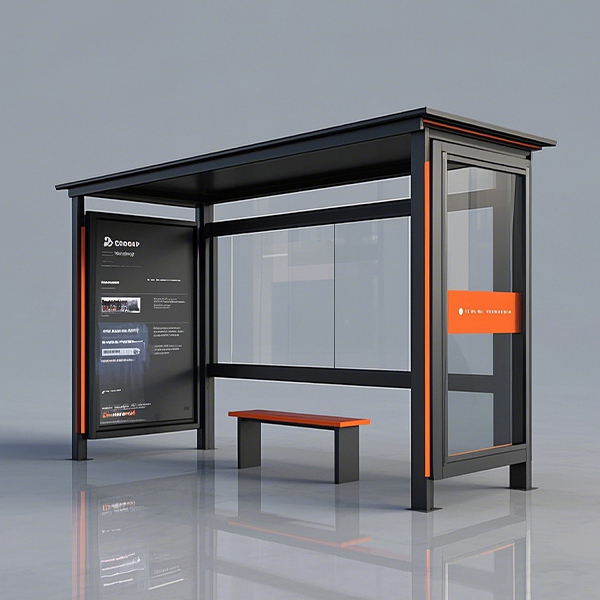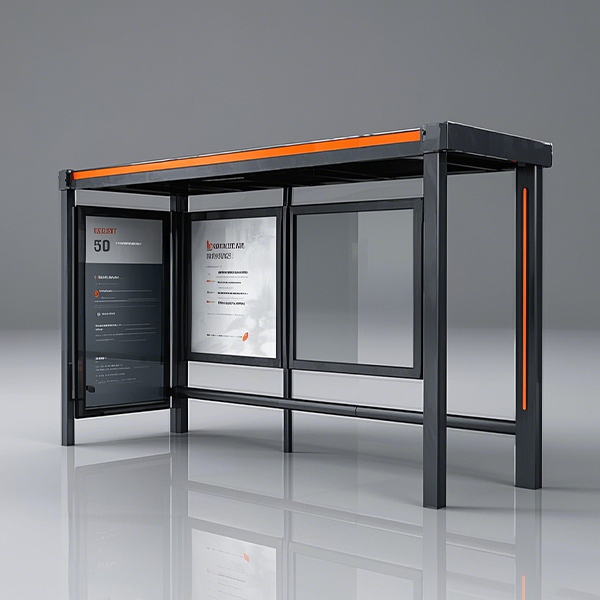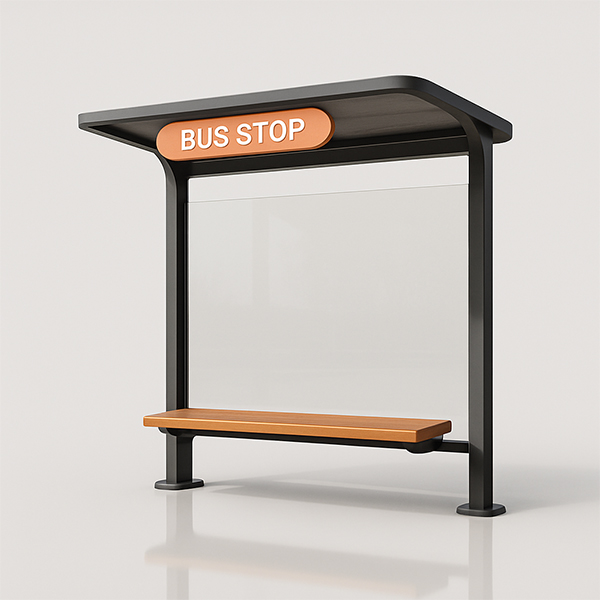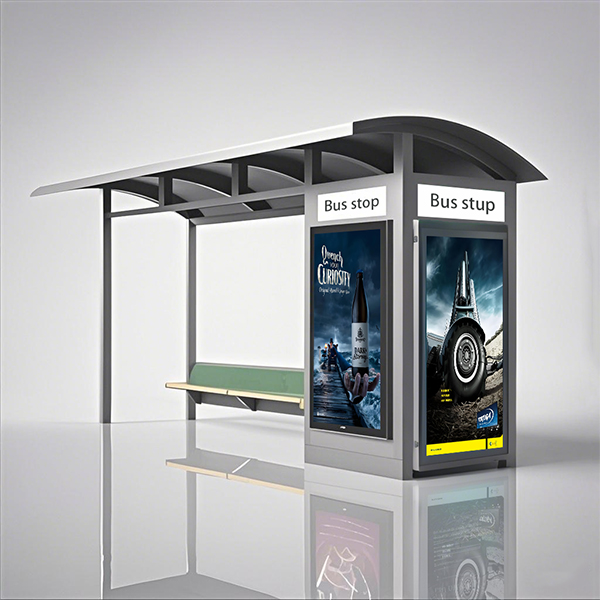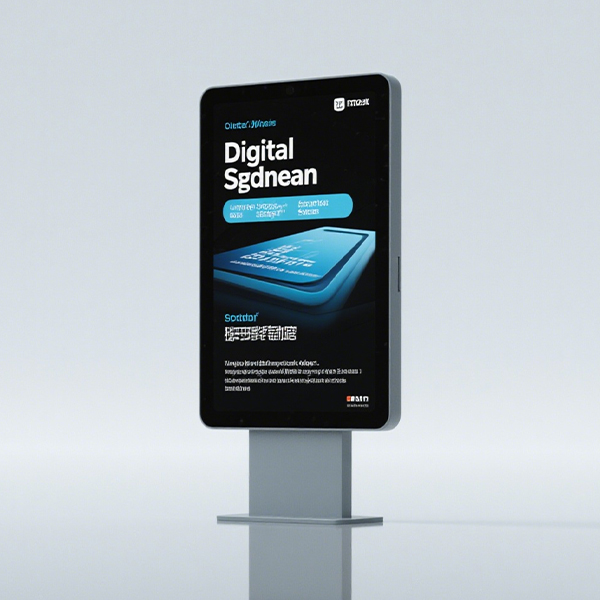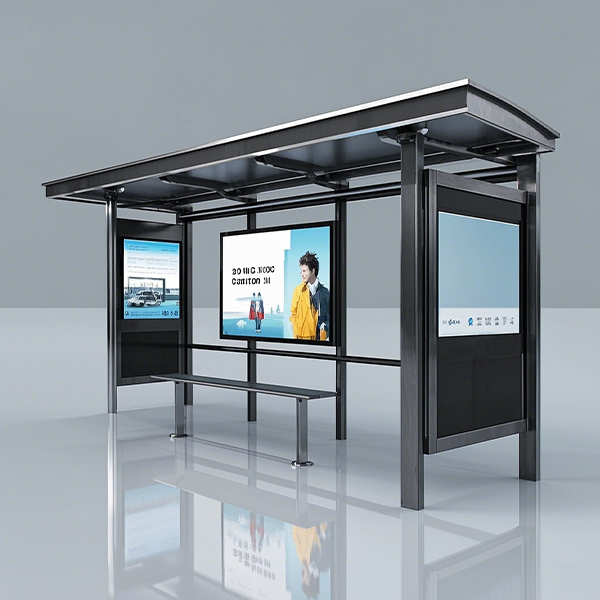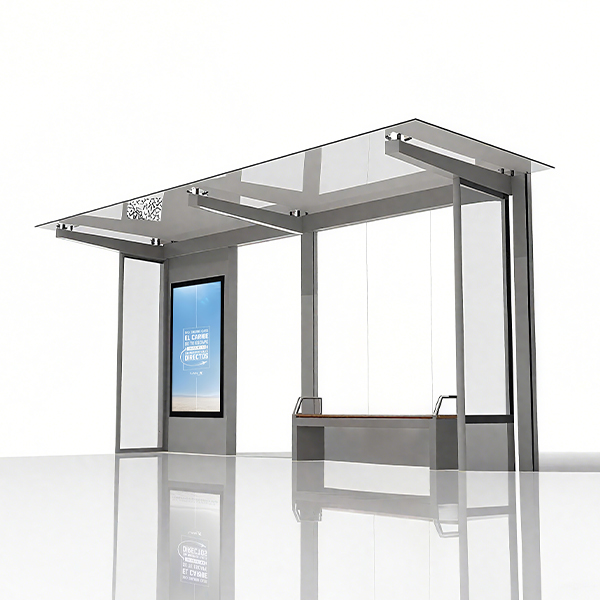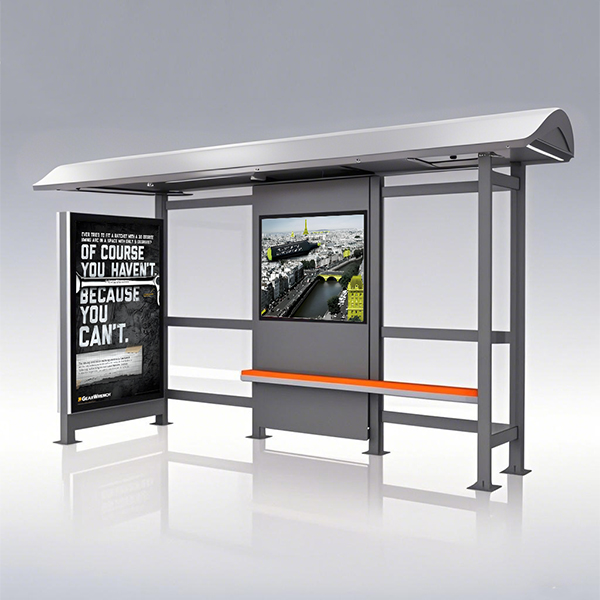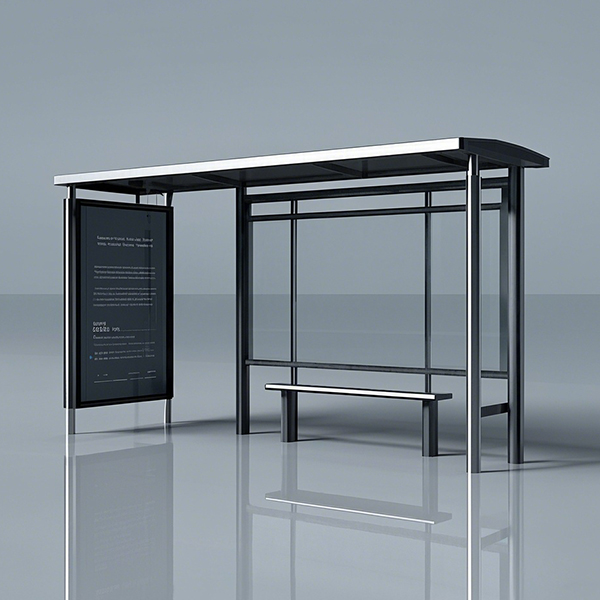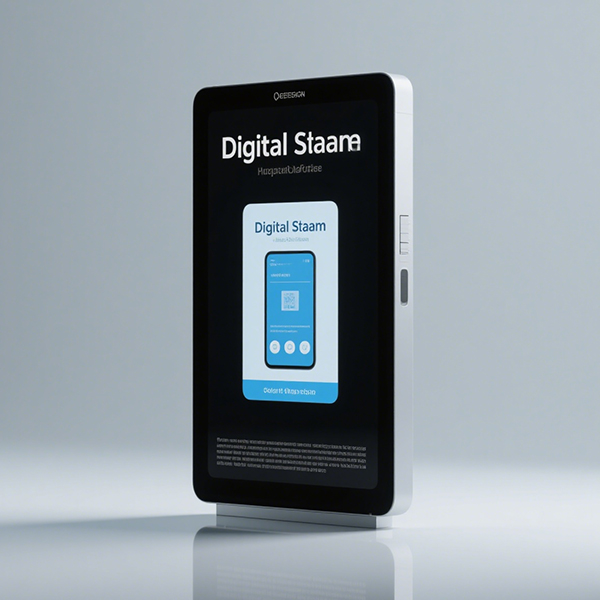
Modern Bus Shelter Design
Discover the latest trends and best practices in modern bus shelter design. This guide explores innovative materials, sustainable features, and user-centric approaches to create comfortable, safe, and aesthetically pleasing public transit waiting areas. Learn about different design styles, smart technologies, and the importance of accessibility and community integration.
The Evolution of Bus Shelter Design
From Functional to Functional & Aesthetic
Historically, bus shelters served a purely functional purpose: providing basic protection from the elements. Modern designs, however, prioritize both functionality and aesthetics. This shift reflects a growing understanding of the shelter's role as a microcosm of public space, contributing to the overall urban landscape. Designers now consider the shelter's impact on its surroundings, aiming for seamless integration with the architectural style and environmental context.
Key Considerations in Modern Bus Shelter Design
Sustainable Materials and Practices
Sustainability is paramount in modern design. Modern bus shelter designs increasingly incorporate eco-friendly materials like recycled aluminum, sustainable timber, and solar panels. These choices minimize environmental impact throughout the shelter's lifecycle, from manufacturing to disposal. The use of solar panels, for example, can power integrated lighting and information displays, reducing energy consumption.
Smart Technologies and Integration
Smart technologies are transforming bus shelter design. Integrated digital displays provide real-time transit information, enhancing user experience and efficiency. Some designs incorporate Wi-Fi hotspots, USB charging ports, and even air quality sensors. These features not only improve convenience but also contribute to a more connected and informed community.
Accessibility and Inclusivity
Designing for accessibility is crucial. Modern bus shelters must adhere to accessibility guidelines, ensuring easy access for individuals with disabilities. This includes ramps, tactile paving, and appropriate seating heights. Proper lighting is also vital for safety and visibility, particularly at night.
Aesthetic Considerations and Urban Integration
The aesthetic appeal of a bus shelter significantly impacts its overall success. Designers often employ creative approaches to integrate the shelter into its surroundings, utilizing materials and colors that complement the local architecture and landscape. Thoughtful lighting design can further enhance the shelter’s visual appeal and improve safety.
Case Studies: Examples of Innovative Bus Shelter Designs
Several cities are showcasing innovative modern bus shelter designs. For instance, some shelters incorporate living walls, transforming the shelter into a mini-green space. Others feature artistic elements, incorporating local artwork or community-based designs. These examples highlight the potential of bus shelters to become vibrant community hubs.
Choosing the Right Bus Shelter for Your Needs
Selecting the appropriate bus shelter requires careful consideration of various factors, including budget, location, and desired features. Collaborating with experienced designers and manufacturers like Shandong Luyi Public Facilities Co., Ltd. ensures a successful project, delivering a shelter that is both functional and aesthetically pleasing. They offer a range of customizable designs to meet your specific requirements.
Conclusion
Modern bus shelter design is evolving rapidly, driven by technological advancements, sustainability concerns, and a growing focus on user experience. By integrating innovative materials, smart technologies, and user-centric design principles, we can create bus shelters that are not only functional and safe but also contribute positively to the urban landscape and enhance the overall commuting experience.
| Feature | Traditional Design | Modern Design |
|---|---|---|
| Materials | Steel, glass, concrete | Recycled materials, sustainable timber, solar panels |
| Technology | None or minimal | Digital displays, Wi-Fi, USB charging |
| Aesthetics | Functional, often uninspired | Integrated with urban landscape, artistic elements |
References: (Add your references here, citing specific sources for data and claims. For example, cite any statistics or studies used in the article. Include links where applicable, using rel=nofollow attribute.)
Соответствующая продукция
Соответствующая продукция







